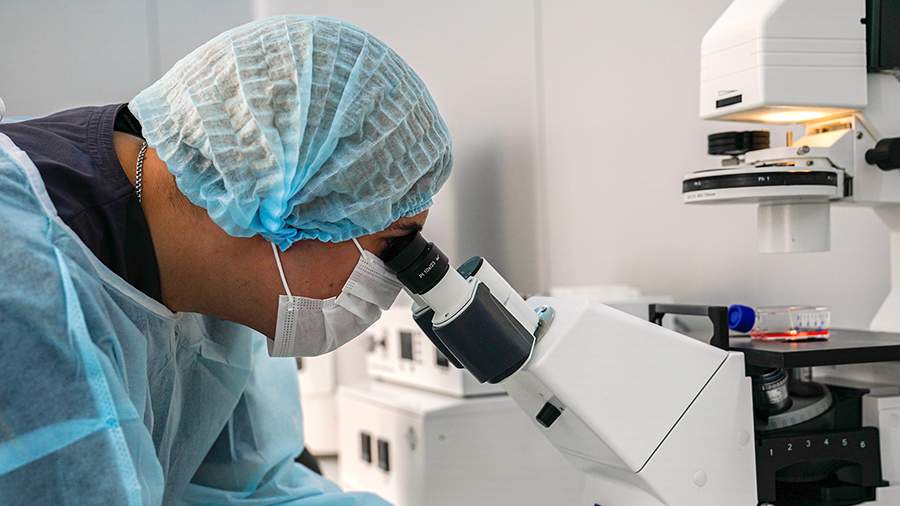Scientists have revealed promising areas of technological leadership in Russia
- Новости
- Science and technology
- Scientists have revealed promising areas of technological leadership in Russia

Nanomedicine, low-tonnage chemistry, environmental and food security, and deep processing of hydrocarbon raw materials may become one of the main strategic areas in which Russia can achieve technological leadership in the coming years. This was reported to Izvestia on March 15 at the Southern Federal University (SFU) following a meeting of the Council of the Priority 2030 program.
The Priority 2030 program was developed by the Ministry of Education and Science with the aim of forming more than 100 progressive modern universities in Russia by 2030 - centers of scientific, technological and socio-economic development of the country.
"Participation in the program has not only strengthened our positions in the scientific, educational and socio-economic spheres, but also allowed us to make a significant contribution to solving the strategic tasks of technological leadership facing the country today," said Inna Shevchenko, Rector of SFU.
Among the examples of already successfully implemented scientific projects that meet the highest international standards and were created on the basis of the SFU, the Center for High-tech Instrumentation, the biohybrid software and hardware complex for detecting vapors of target substances in ultra-low concentrations in the air, the centers for microfluidic technologies and low-tonnage chemistry can be cited, the university concluded.
Earlier, on March 4, Russian Prime Minister Mikhail Mishustin said that by 2036 Russia could take a leading position in the field of bioeconomics. According to him, the Russian Federation has huge potential, as well as significant volumes and a wide variety of biological resources, which creates a significant competitive advantage.
Переведено сервисом «Яндекс Переводчик»
